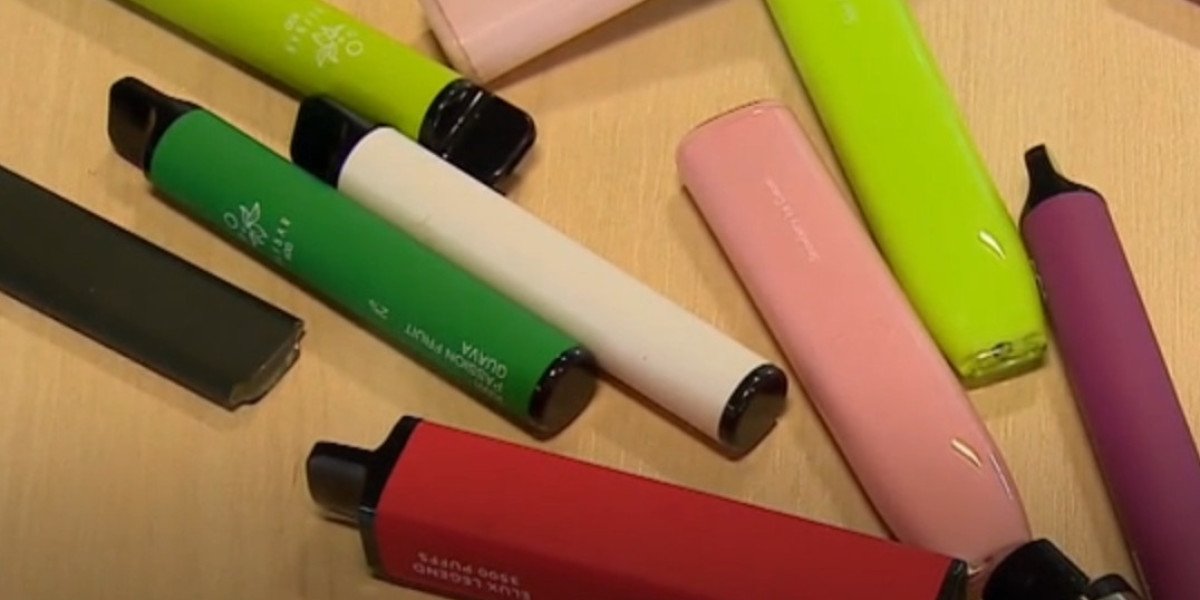In a significant move, the government has sent the Tobacco Product and Smoking Control Bill back to the Parliamentary Special Select Committee for further review. This step aims to address not only conventional cigarettes but also the growing popularity of tobacco alternatives like vaping in Malaysia. The regulation of vaping has become a pressing issue worldwide, with various countries adopting diverse strategies to control its use.
The Vaping Epidemic and Bans
The rise in vaping among adolescents has compelled several countries to enforce strict regulations on the production, sale, and use of e-cigarettes. Nations like Thailand, Singapore, India, Iran, Taiwan, Brazil, and Argentina have gone a step further and outright banned e-cigarettes. Hefty fines are imposed on tourists who attempt to bring in e-cigarettes. However, it is essential to ponder whether bans alone can effectively curb the vaping epidemic.
The Saudi Arabian Paradox
Saudi Arabia has issued a fatwa against the use of tobacco products, indicating a stance against smoking and vaping. Surprisingly, the black market for cigarettes and hookah products has seen a substantial 300 percent increase in mark-up, indicating that bans may inadvertently foster illicit trade. In September 2015, the Saudi Ministry of Commerce and Investment banned the sales of e-cigarettes, but there is no explicit law against vaping. This regulatory gap might be addressed with the development of tobacco-free nicotine delivery products by the Badael Company, aiming to help millions make the switch from smoking by 2032.
Diverse Approaches Worldwide
China and some US states have banned flavored vapes, known for their appeal to minors. China has even imposed bans on e-cigarette sales through e-commerce and live-streaming platforms, considering their attraction to the younger population. However, enforcement challenges persist, and e-cigarettes are still accessible to minors.
Meanwhile, the British government has taken a different approach. Under the "swap to stop" scheme, conventional cigarette smokers are encouraged to switch to vaping. Smokers are provided with vape device starter kits and support to aid in quitting smoking. Additionally, pregnant women receive financial incentives and clinical support to transition to vaping, emphasizing harm reduction.
Varied Regulations in Scandinavia and South Korea
Denmark, Sweden, Norway, and Finland allow the sale of vapes but maintain strict regulations that prohibit their advertisement. In contrast, South Korea enforces high taxes on e-cigarette products but has not effectively deterred the youth from vaping.
Australia and New Zealand's Planned Bans
Australia and New Zealand are gearing up to ban disposable vapes, while the sale of vapes is already restricted to pharmacies and requires a prescription in Australia. Despite this, authorities in both countries remain committed to the idea that e-cigarettes can serve as tools to help smokers quit.
http://www.showroom-onair.com/question/underage-vape-sales/
https://www.mth.tw/siactivity_info1/?dwqa-question=rising-trend-of-school-children-vaping
https://successpublishing.com/question/alarming-rise-in-school-children-vaping/
https://satitmattayom.nrru.ac.th/?dwqa-question=the-rise-of-vaping-among-school-children
https://cl-system.jp/question/responsible-vape-disposal/
http://xn--90advk.xn--p1ai/question/recycling-disposable-vapes/
https://platform.blocks.ase.ro/blog/index.php?entryid=27465
https://platform.blocks.ase.ro/blog/index.php?entryid=27893
https://moodlehub.ca/blog/index.php?userid=3746
https://moodlehub.ca/pluginfile.php/1/blog/attachment/3572/bat-heightened-focus-vaping.pdf
https://moodlehub.ca/blog/index.php?entryid=3448
https://moodlehub.ca/blog/index.php?entryid=3481
https://moodle.esstu.ru/blog/index.php?userid=63950
https://mooc.ifro.edu.br/blog/index.php?userid=24117
https://mooc.ifro.edu.br/pluginfile.php/1/blog/attachment/2262/regulating-vaping-teen-health.pdf
https://innodairyedu.eu/moodle/blog/index.php?userid=2639
https://cblonline.org/elearning/blog/index.php?userid=163821
https://vapexxx.diary.ru/p0_disclaymer.htm
http://dom-nam.ru/media/kunena/attachments/153139/juul-labs-settlement.pdf
https://keymander.iogear.com/profile/49015/vapecig
https://kandi.openweaver.com/collections/ui-common/tobacco-and-vaping
https://www.sjccasg.org/group/communications-club/discussion/e07002b3-fe20-4550-a7b7-70dcbd2d2a00
https://www.kikyus.net/t16921-topic#18319
https://9jabooks.com/post-13191
https://fnote.net/notes/Q2X2Ln
https://stoneforce.copiny.com/question/details/id/761833
https://homment.com/p0sPZmjWDtCskIOWeG8f
The Philippines: Pioneering Legislation
The Philippines leads the way in Asia with the Vaporised Nicotine and Non-Nicotine Products Regulation Act. This legislation allows the government to regulate the importation, sales, manufacturing, packaging, distribution, and use of vaping products. Vape manufacturers in Manila must register with authorities, and sales near schools are strictly prohibited. Colorful packaging and flavored vapes are also banned, aiming to discourage minors from vaping.
Education Over Punitive Actions
As global regulations prove somewhat ineffective in curbing the uptake of vaping among the youth, it becomes crucial to reconsider the approach. Governments, media, and civil society should concentrate on education and providing factual information about the perils of vaping rather than solely relying on punitive measures like bans.









